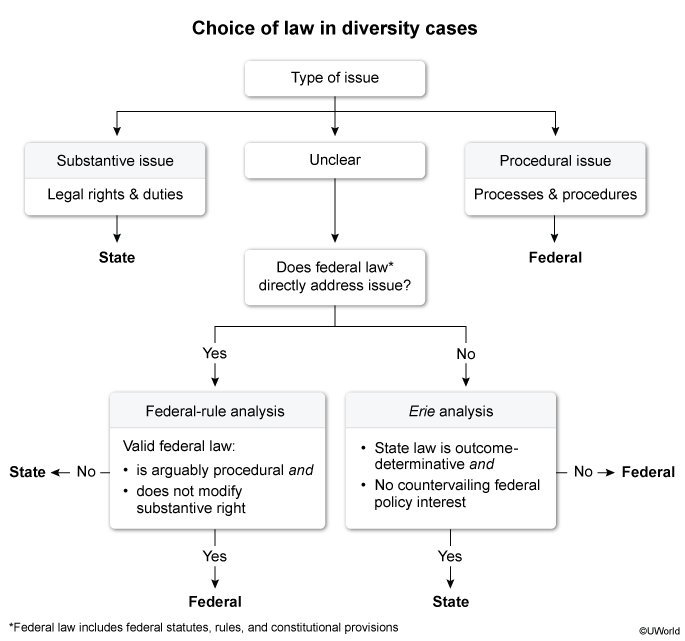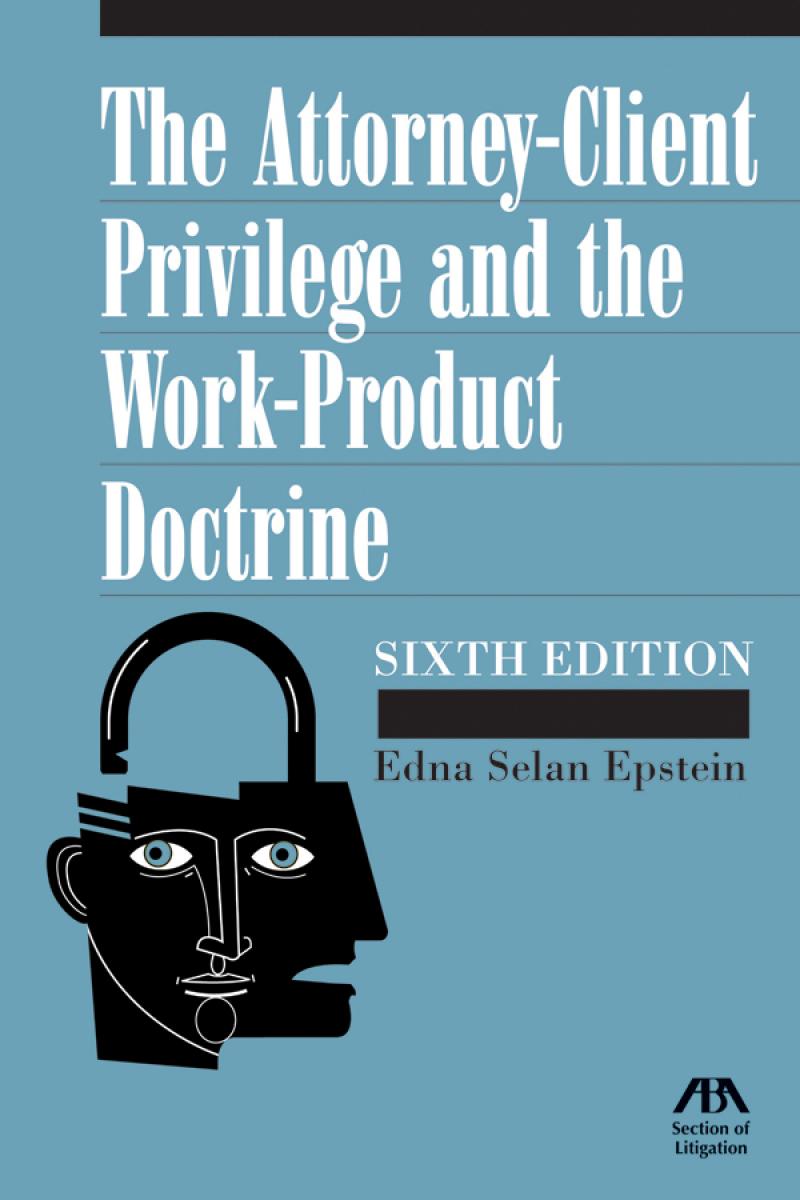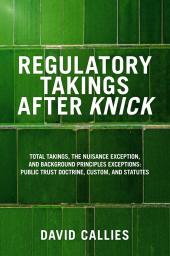work product doctrine federal rules
A party may obtain its adversarys fact work product by showing that it has a substantial need. The rule provides that a voluntary disclosure in a federal proceeding or to a federal office or agency if a waiver generally results in a waiver only of the communication or information disclosed.
Court rulings concerning the attorney-client and work product priv ileges identify recurring pitfalls for counsel when these doctrines are in voked in corporate litigation.
. States have equivalent rules in their civil procedure codes but for my purposes I am going to discuss the federal version. The Note will first examine the policies behind liberal discovery and the development of the work product doctrine as an exception to those policies. The work product doctrine states that an adverse party generally may not discover or compel disclosure of written or oral materials prepared by or for an attorney in the course of legal representation especially in preparation for litigation.
However under Rule 26 b 3 of the Federal Rules of Civil Procedure an adverse party may discover or compel disclosure of work. The question then is whether this material is. THE WORK PRODUCT DOCTRINE IN THE STATE COURTS When the modem Federal Rules of Civil Procedure were adopted in 1938 considerable doubt and controversy arose concerning the broad pro visions for deposition and discovery.
No interpretation or construction seems necessary Vir-ginia Elec. Rule 26b3 no longer limits work product protection to materials prepared by an attorney but extends to materials prepared by a party or a partys representative and provides an inclusive list of those whose work will be protected attorney consultant surety indemnitor insurer or agent. 1 That controversy can be fairly described as a conflict both of emotion and of basic philosophy.
A Documents and Tangible Things. Tion7 In 1970 the work product doctrine was incorporated into the Federal Rules of Civil Procedure in part to resolve these con- flicts8 The current Rule 26b3 provides that. A voidance of these pitfalls requires awareness and advance planning.
The work product doctrine which protects trial preparation mate-rials from discovery is a doctrine of uncertain dimensionI The scope of protection the doctrine provides these materials is one of the most con-troversial and vexing problems in the Federal Rules of Civil Proce-dure2 Despite guidance provided by hickman v. The work product doctrine codified in the Federal Rules of Civil Procedure Rule 26b3 protects those docu-ments prepared in anticipation of litigation from discovery by an adversary in order to protect the mental impressions and. 4 5 Comparison with attorneyclient privilege The work-product doctrine is more inclusive than attorneyclient privilege.
15 this rule allows discovery for information prepared in anticipation of litigation or for trial by or for another party or by or for that other partys representative 16 the rule qualifies this access by requiring a showing of. Work product protection in subsequent litigation. The work-product privilege or doctrine 1 originated in the seminal case of Hickman v.
A subject matter waiver of either privilege or work product is reserved for those unusual situations in which fairness requires a further disclosure of related protected. Sun Shipbuilding Dry Dock Co 68 FRD. Supreme Court held that statements of witnesses obtained by an attorney prior to trial were privileged and thus protected from discoveryThe Court reasoned that to allow otherwise would be contrary to the public policy underlying the orderly.
This rule is based on the attorney-client relationship which includes maintaining the. The work product doctrine codified in the Federal Rules of Civil Procedure Rule 26b3 protects those docu-ments prepared in anticipation of litigation from discovery by an adversary in order to protect the mental impressions and. To better understand the underlying rationale for the work product doctrine Section A examines the seminal case Hick-man v.
First Rule 16b2 of the Federal Rules of Criminal Procedure provides an absolute bar to the post indictment discovery of a defense attorneys work product which no showing of substantial need may overcome. The work product doctrine protects documents and tangible things prepared in anticipation of litigation by a partys attorney or representative. Taylor and the codification of the work product doctrine in the Federal Rules of Civil Procedure 26b3.
Section B then reviews the. 26b3A makes it clear that documents produced by non- attorneys may also enjoy work product privilege. Supreme Courts decision in Hickman v.
385 1947 in which the US. The colorado supreme court codified the work product doctrine at crcp 26 b 3 effective april 1 1970. Work product immunity doctrine is not as automatic or comprehensive as counsel might expect.
Terpretation of the application of the work product doctrine to dual-purpose documents. It is also known as the work-product rule the work-product immunity the work-product exception and the work-product privilege though there is debate about whether it is truly a privilege This doctrine does not apply in other countries. The work product privilege protects from discovery those documents and tangible things that are prepared in anticipation of litigation by or for a party or its representative.
The work-product doctrine in a criminal case is very different. This might include for example. The work product rule is an exception to the concept of sharing information.
The work product doctrine now memorialized in both the Federal Rules of Civil Procedure and Florida Rules of Civil Procedure has its foundation in the US. Doctrine Under the work-product doctrine tangible material or its intangible equivalent that is collected or prepared in anticipation of litigation is not discoverable. In American civil procedure the work-product doctrine protects materials prepared in anticipation of litigation from discovery by opposing counsel.
Liberal Discovery Versus Need for Production. Ordinarily a party may not discover documents and tangible things that areprepared in anticipation of litigation or for trial by or for another party or its representative including the other partys attorney consultant surety. A party may obtain discovery of documents and tangible things otherwise discoverable and.
The doctrine was later memorialized in the federal rules of civil procedure and most states including Alabama adopted a similar rule. The list is open-ended. It will outline the approaches that courts and commentators have taken in attempting to apply the work product 1.
The work-product doctrine operates not as aprivilege that belongs to any party but rather as a protection for the adversary systetr. The provisions of Rule 26b3 are straightforward and easily un-derstood.

The Attorney Work Product Doctrine Colorado Lawyer

Erie Doctrine And Choice Of Law Uworld Legal

Witness Statements And Work Product Is It Deceptively Simple Presnell On Privileges

The Attorney Client Privilege And Work Product Doctrine Lexisnexis Store

The Attorney Client Privilege And Work Product Doctrine Lexisnexis Store

Ninth Circuit Adopts Work Product Waiver Standard In House Counsel Memos Partially Survive Presnell On Privileges

Witness Statements And Work Product Is It Deceptively Simple Presnell On Privileges